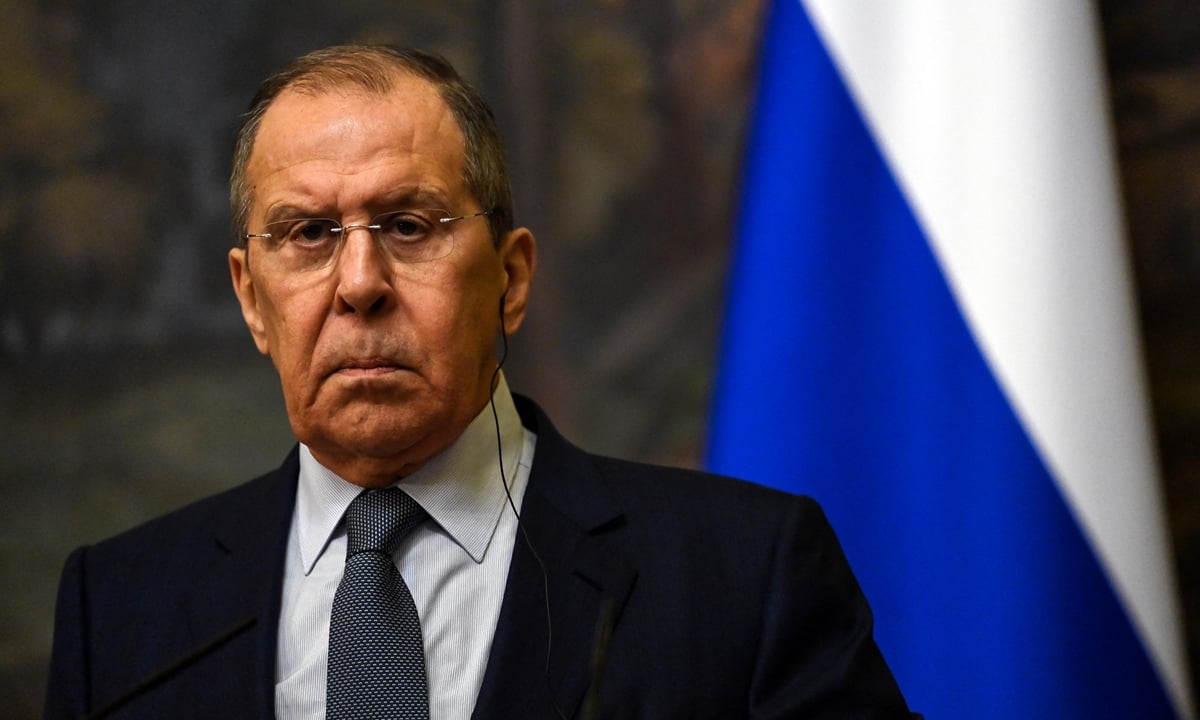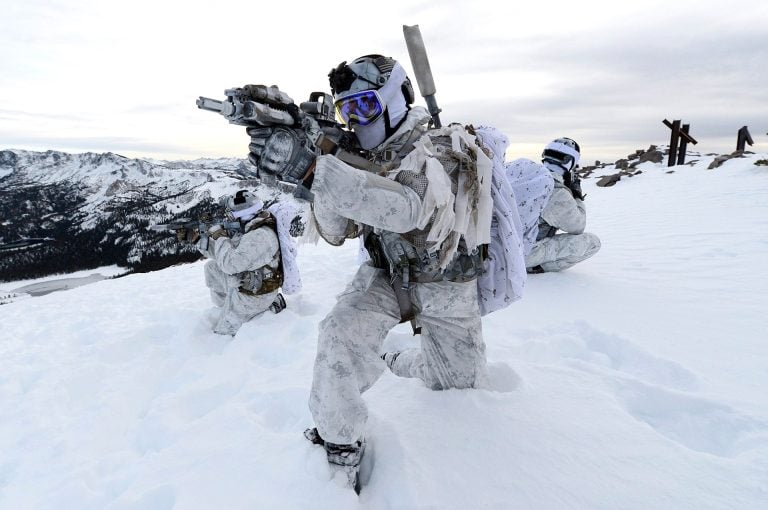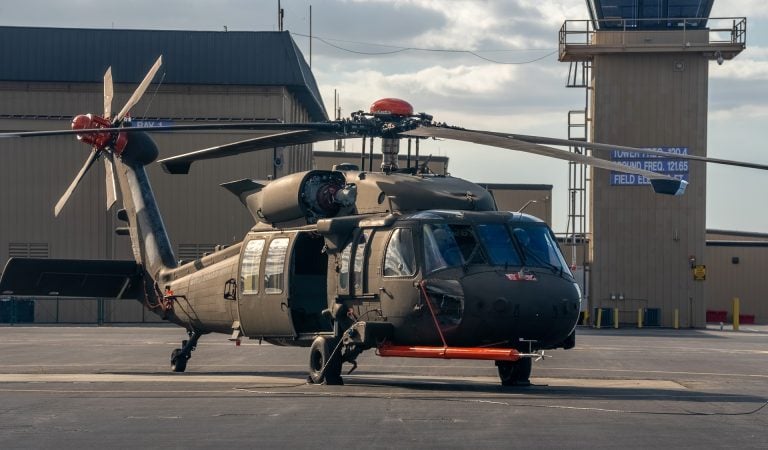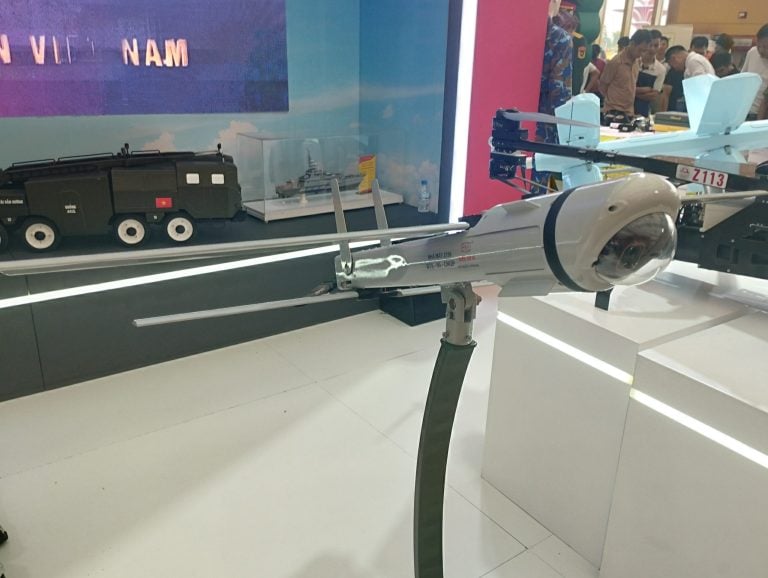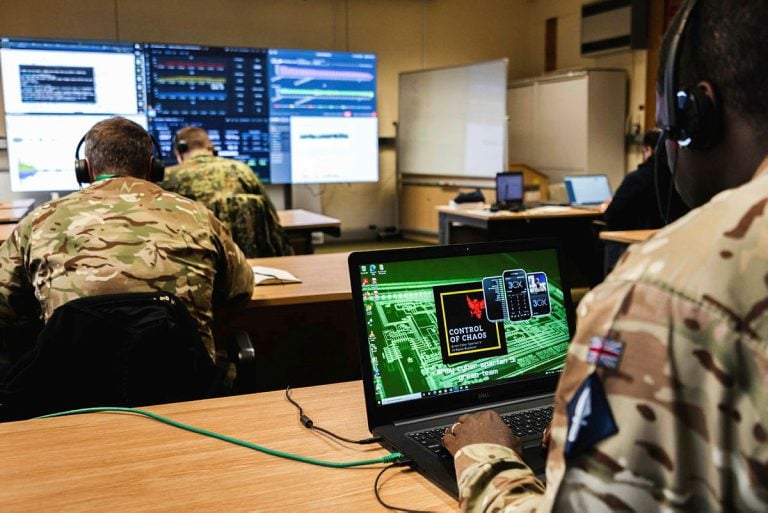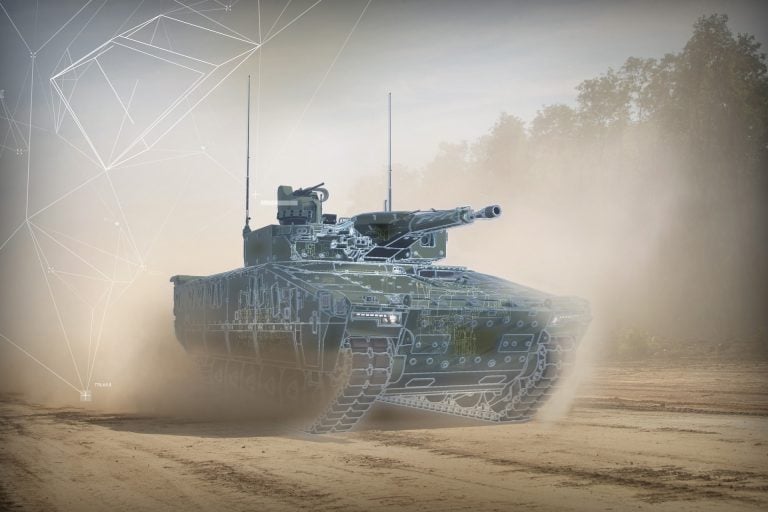Russian Foreign Minister Sergei Lavrov expressed skepticism regarding the participation of European nations in truce negotiations for the ongoing conflict in Ukraine. In statements made during a press conference in Moscow, Lavrov asserted that he saw little justification for European involvement, accusing them of an ulterior motive to prolong the war rather than seeking a resolution.
His remarks came in the lead-up to his upcoming visit to Saudi Arabia, where he is expected to engage in discussions with US officials. This visit coincides with an emergency summit being held in Paris by European leaders, who are reportedly alarmed by recent diplomatic moves from Washington toward Moscow.
Lavrov questioned the effectiveness of European leaders at the negotiating table, suggesting that if their intention is to perpetuate the conflict, their invitation is unnecessary. “I don’t know what they would do at the negotiating table… if they are going to sit at the negotiating table with the aim of continuing war, then why invite them there?” he remarked.
The Russian minister further criticized Europe’s past efforts to mediate the situation, indicating that the bloc had an opportunity to resolve the conflict since 2014, when Russia annexed Crimea and began supporting pro-Russian separatists in eastern Ukraine. He maintained that Europe had not taken adequate steps during that time, leading to the current stalemate.
On the international stage, the United States has proposed that both Russia and Ukraine should make concessions for any potential ceasefire discussions to progress. However, Lavrov firmly stated that Russia would not entertain territorial compromises relating to regions it claims to have annexed in Ukraine, specifically referencing the territories in eastern and southern parts of the country.
In 2022, the Kremlin announced the annexation of four regions: Lugansk, Donetsk, Kherson, and Zaporizhzhia, despite not holding full control over them. Lavrov’s remarks underscore the ongoing complexities and entrenched positions surrounding the conflict as global powers continue to navigate their diplomatic stances.
